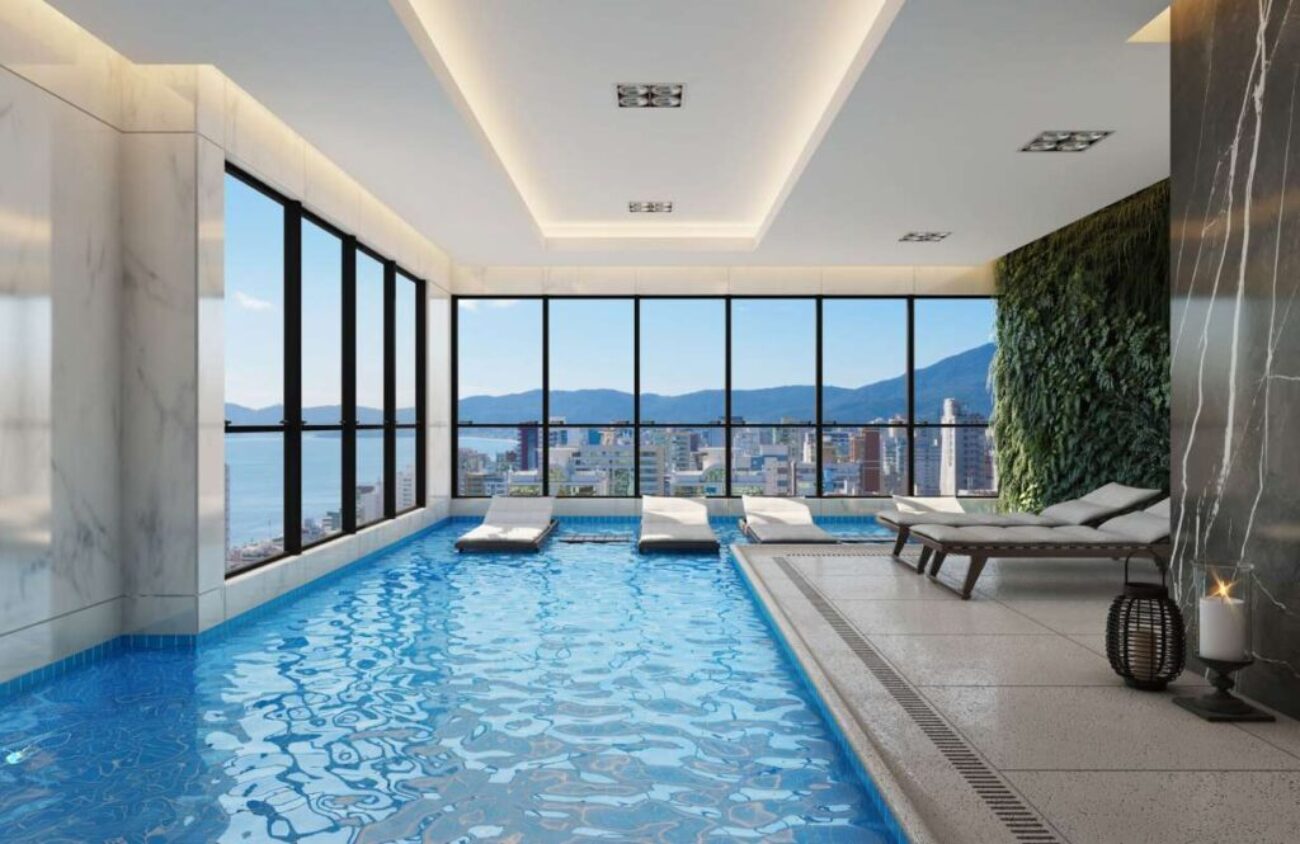10 Must-Ask Questions Before Diving Into a Pool Route Deal
Are you considering buying a pool route? Discover the essential questions to ask sellers to ensure a wise investment in the lucrative pool maintenance industry.
Purchasing a pool route can be a significant step towards owning a successful business in the pool maintenance industry. However, it’s crucial to approach this investment with thorough research and critical inquiries. In this blog post, we’ll explore ten essential questions to ask the seller before making a purchase. These questions will help you evaluate the viability of the route, understand its potential profitability, and make a well-informed decision. Whether you are a first-time buyer or looking to expand your existing pool service business, our guide will provide you with the insights needed to navigate this market effectively.
IntroductionWhen considering the purchase of a pool route, asking the right questions can save you from potential pitfalls and ensure that you make an informed decision. The pool maintenance industry is growing, with increasing demand for residential and commercial pool services. However, not all pool routes are created equal. It’s essential to assess the route’s current performance, the condition of the equipment, the loyalty of the customer base, and the seller’s reasons for selling. In this post, we will delve into ten critical questions to ask and why they are vital to your success in this business venture.1. How Long Have You Been in Business?
– Understanding the seller’s experience can provide insight into the stability and reputation of the pool route. A longer tenure often indicates established customer relationships and proven service quality.- Ask for specific data on how the business has evolved over the years, such as growth in customer base and revenue. This information can help you gauge the route’s potential for future growth.- For instance, a seller who has been operating for over a decade may have a wealth of knowledge about the local pool market and established relationships that you can leverage for success.
2. Why Are You Selling the Route?
– The seller’s motivation for selling can significantly impact your decision. If the reason is personal (such as relocation or retirement), it may indicate a well-functioning business that has been stable over time.- Conversely, if the seller is facing challenges, such as declining customers or financial issues, this could signal red flags for your potential investment.- Understanding their reasoning can help you assess the risks involved. For example, if the seller cites burnout or family obligations as reasons for selling, you might find opportunities to rejuvenate the business with new energy.
3. What Is the Current Customer Base Like?
– A loyal customer base is essential for immediate income and business stability. Ask for details about the number of customers, their service frequency, and the average revenue generated from each account.- Investigate customer loyalty—are there long-term contracts or just sporadic services? Knowing this helps you understand potential income stability after the purchase.- For example, if most customers have been with the seller for several years, it indicates satisfaction with the service and reduces the likelihood of losing clientele after the transition.
4. Can You Provide Financial Records?
– Requesting financial documentation, such as profit and loss statements, can give you a clearer picture of the route’s financial health. Look for trends in revenue and expenses over the past few years.- Understanding peak seasons and any fluctuations in income can also help you plan for cash flow management.- For instance, if the financial records show consistent growth during peak pool season, you can strategize your marketing efforts to capitalize on that momentum.
5. What Equipment and Supplies Are Included?
– Knowing what equipment is included in the sale is crucial, as it can directly affect your startup costs. Ensure that the equipment is in good condition and assess any potential repair or replacement costs.- Ask about the age and maintenance history of the equipment. Well-maintained equipment can save you costs down the line and ensure seamless operations.- For example, if the seller includes high-quality, reliable tools that have been well maintained, this could reduce your initial investment in equipment and provide an immediate operational advantage.
6. What Are the Operating Expenses?
– Understanding the route’s operating expenses, including gas, maintenance, insurance, and labor, is essential for calculating profitability.- Inquire about any hidden costs that may not be immediately apparent. This can include fees for licenses, permits, or association memberships.- Analyzing these costs helps you determine the potential profitability of the route. For instance, if the operating expenses are significantly high compared to income, it might indicate the need for operational adjustments to improve profitability.
7. What Is the Competition Like in the Area?
– Assessing the competitive landscape is vital to understand the challenges you might face. Ask the seller about other pool service providers in the area and how they differentiate themselves.- Knowing who your competitors are and how saturated the market is can help you devise effective marketing and service strategies after the purchase.- For example, if there are only a few competitors with loyal customer bases, it may indicate a healthy market for expansion, whereas a saturated market could pose challenges.
8. Are There Any Pending Legal Issues?
– Inquiring about any legal issues can save you from future headaches. Ask if there are any ongoing disputes, complaints, or regulatory issues that may affect your new business.- Understanding the legal landscape is crucial, especially in the pool service industry, where compliance with safety and environmental regulations is mandatory.- For instance, if the seller discloses pending lawsuits or unresolved complaints, it’s wise to approach the purchase with caution or consider negotiating terms to address these issues.
9. What Training and Support Will You Provide?
– Knowing whether the seller offers any training or support post-sale is essential for a smooth transition. Effective training can make the difference between success and failure, especially for new business owners.- Determine the extent of the training—whether it covers operations, customer service, or marketing strategies. This can help you feel more confident in managing the business after the purchase.- For example, a seller willing to offer extensive training and ongoing support will help you navigate the learning curve, ensuring a smoother transition into ownership.
10. What Are the Growth Opportunities for This Route?
– Finally, inquire about potential growth opportunities. Ask the seller about untapped markets or additional services that could be offered to the existing customer base.- Understanding how you can scale the business after purchase will influence your decision. A route with significant growth potential might be worth more than one with stagnant growth.- For instance, if the seller identifies opportunities to expand services into neighboring communities or additional maintenance offerings, this could enhance your revenue potential significantly.ConclusionAsking the right questions before purchasing a pool route can help you uncover valuable insights and make a prudent investment decision. Each of the questions outlined above serves to validate the seller’s claims, assess the route’s viability, and uncover potential risks. By taking a thorough and methodical approach to your purchase, you will be better positioned to succeed in the competitive pool maintenance industry. If you’re interested in exploring pool routes for sale or need assistance with your purchase, Tower Business Brokers, Inc. is here to help. Our dedicated team specializes in connecting aspiring entrepreneurs with established, revenue-generating pool routes that offer immediate value and stability. Contact us today to start your journey toward pool route ownership!



